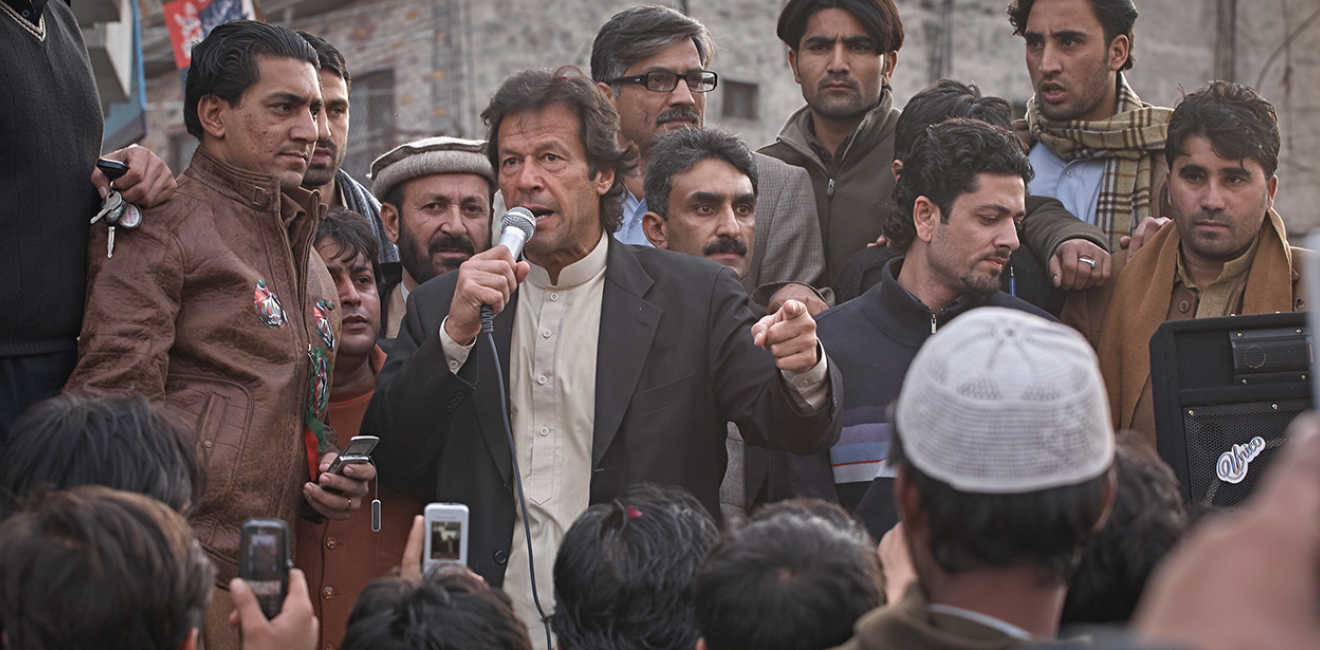
A blog of the Wilson Center

Shortly after midnight on April 10, Pakistani Prime Minister Imran Khan was ousted by a no confidence vote in the country’s parliament. Critics pointed to weak economic performance, a falling out with the country’s military leadership, and Pakistan’s poor relations with the West. When the opposition called for a vote of no confidence, Khan claimed he was the victim of a “U.S. conspiracy,” and tried to avoid the vote by moving to dissolve the legislature. The Supreme Court declared Khan’s move unconstitutional, and Khan was soon out of a job.
But perhaps nobody should have been surprised by his fall from power. Of the past 22 democratically elected prime ministers, not one has ever completed their full five-year term. Over the country’s 75 years of independence, its democratic leaders have been repeatedly deposed in military coups, presidential dismissals, and disqualifications from holding public office. Some prime ministers have managed to be ousted multiple times: Nawaz Sharif has served more than nine non-consecutive years as prime minister over the course of three different terms. The Supreme Court eventually disqualified him from holding public office on grounds of corruption.
But Imran Khan is the first prime minister to lose his office in a vote of no confidence. Shehbaz Sharif, brother of Nawaz Sharif, has been selected by Parliament to hold the role of prime minister until elections due in August of next year. Sharif has a popular reputation for his direct and efficient administrative style. Khan, now in opposition, continues to claim that his ouster was essentially American-backed “regime change.” Sharif is likely to face many challenges, the Wilson Center’s Michael Kugelman recently told BBC—from the economic crisis to a resurgence in terrorist attacks to Khan’s disruptive brand of populist politics. Then there is also Pakistan’s legacy of “untimely political demise.”
Author

Explore More in Stubborn Things
Browse Stubborn Things
Spying on Poachers

China and the Chocolate Factory

India: Economic Growth, Environmental Realities
